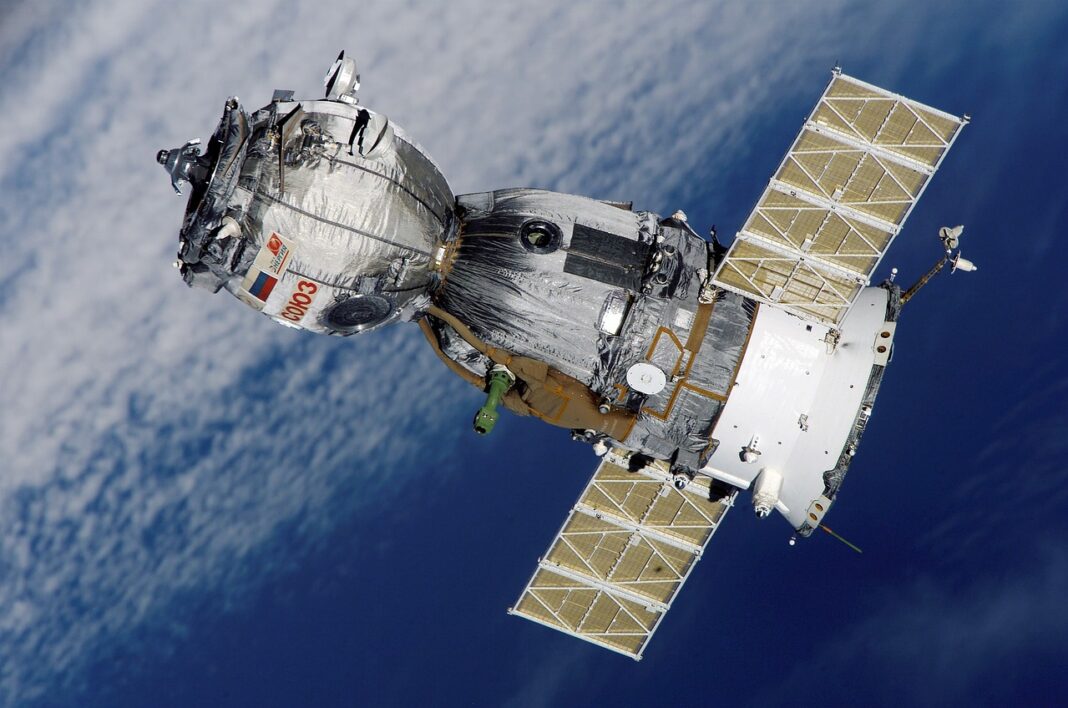For decades, space exploration has captivated people and aroused interest in what is beyond our globe. It has opened the secrets of the solar system and the larger universe. Therefore stretching the bounds of science and technology. But why is space explorations so important and just what is it? From audacious projects to the International Space Station (ISS) space explorations is evidence of human creativity.
This article will walk you through its background, goals, current activities, and prospects, to science and mankind.
Synopsis of Space Explorations
Early rocketry’s inventiveness and national desire to travel beyond Earth define space explorations as it exists now.
The Early Days of Rocketry
Space explorations originated in the 20th century, mostly in line with the developments during World War II when rockets such as Germany’s V2 missile were invented. Early technologies set the stage for space flight.
Cold War Space Race
The space race sprang from the Cold War competition between the United States and the Soviet Union. This time saw some of the most amazing human accomplishments:
- 1957: The first manmade satellite to round Earth, Sputnik 1 was launched by the Soviet Union.
- 1961: Yuri Gagarin boarded the Soviet Vostok-1 to become the first human to fly into space.
- 1969: Neil Armstrong and Apollo 11 astronauts setting down on the Moon marked a historic US achievement.
Contemporary Pursues and Beyond
With projects like the International Space Station (ISS), where astronauts from many countries conduct research in low Earth orbit, the start of the twenty-first century brought cooperative endeavours. Private businesses like SpaceX have revived the industry even further, opening ambitious space exploration more easily than ever.
Why Does Space Exploration Matter?
Some strong reasons behind space exploration transcend simple interest.
Scientific Finding
Investigating space is mostly driven by our quest for a better knowledge of the universe. Mars rovers and the Hubble Space Telescope among other missions have exposed important new information on planetary systems, black holes, and solar system genesis.
Technological Advancement
Often benefiting life on Earth, space exploration results in ground-breaking technology advancements. These include GPS, satellite communication, and even ordinary consumer products like memory foam from space-related studies.
Resource Acquisition
In recent years, the possibility for resource acquisition has also taken the stage. Ideas like asteroid mining might give access to rare minerals and resources running limited on Earth.
Inspiring Humanity
Exploration of space challenges the mind and motivates the next generations to see outside Earth. It shows what mankind is capable of when we cooperate globally, therefore promoting unity and harmony.
Present Purposes Changing Space Discovery
Several fascinating missions are redefining the discipline of space exploration nowadays:
James Webb Space Telescope (JWST)
Views of the universe have been transformed by the James Webb Space Telescope. Far beyond the orbit of Earth, it provides unmatched views of far-off galaxies, stars, and exoplanets, so revealing the vastness of space.
Mars Investigations
For engineers and scientists, Mars has become a central focus. Aiming to find proof of previous life and compile essential information for any manned missions, NASA’s Perseverance Rover and China’s Tianwen-1 mission
Programs for Artemis
By 2025, NASA’s Artemis program seeks to get people back on the Moon. It will represent the first crewed lunar landing since Apollo. Artemis intends to leave a sustainable lunar presence for the next missions. New technologies including the Space Launch System (SLS) will be tested in the initiative. It will also go deep into space using the Orion spacecraft. Developed will be lunar dwellings and methods of resource use. Extended space missions will be supported by a permanent lunar base. Mars exploration will start from this outpost like a stepping stone. Artemis will give the next deep-space expeditions and human colonies vital experience.
Efforts in Space Sustainability
Globally, companies are addressing space junk and pushing sustainable space exploration. Future missions are threatened by thousands of dead satellites and space debris. Technologies for trash disposal are under development by organizations including NASA and ESA. Companies are building tighter disposal rules and satellite deorbiting technologies. Investigated are environmentally friendly propulsion and reusable rockets as sustainable methods. These initiatives guarantee long-term orbital safety and try to lower space pollution. Safe orbits and next flights depend on responsible space activities.
The Direction of Space Discovery
Space exploration has high future prospects and exciting objectives just ahead. Here are some advances in games worth observing:
Manned Mars Missions within the Framework of Space Discovery
Among the most audacious objectives in space exploration is a manned journey to Mars. The required technologies are being actively developed by NASA, SpaceX, and other space agencies to enable human travel to the Red Planet a reality inside the next decade. While SpaceX’s Starship is built for long-term space travel with a totally reusable architecture, NASA’s Artemis program and Orion spacecraft are creating the foundation for deep-space missions. Extensive study and testing is helping to solve problems including radiation exposure, life-support systems, and surface residence. An effective Mars mission would represent a historic first toward interplanetary settlement.
Lunar Platforms for Space Discovery
Deep-space exploration depends on a permanent Moon base. It would help the next Mars trips. One might use a lunar outpost as a refuelling station. It would also test long-range space flight. The lesser gravity of the Moon helps spacecraft launches and assembly. The scientific investigation could provide an understanding of planetary geology. Researching space weather would help to increase mission safety. Extensive lunar water ice extraction could help generate fuels. These initiatives could make sustainable space colonizing possible.
Asteroid Extraction and Space Exploration
From science fiction to reality, asteroid mining is becoming increasingly actual. Businesses are looking at means of extracting space minerals. Water ice, rich metals, and rare industrial elements abound in asteroids. These materials might help in spacecraft building and space habitation.
Rocket fuel derived from hydrogen could come from extracted water. Advancements in propulsion, artificial intelligence, and robotics are enabling asteroid mining. Industry and space exploration could both be transformed by this technology. Asteroid mining could help to lessen Earth’s dependence on limited resources. It may also open fresh space-based commercial prospects. Long-term human presence past Earth could be supported by sustainable asteroid mining.
Exploration Across Space
Beyond our solar system, ambitious projects investigate interstellar travel. These concepts are still in their early years. Solar sail propulsion comes from photon momentum. Deep-space travel is possible with nuclear-powered technologies. One day these technologies might find their way to far-off star formations. Researchers are looking at means of overcoming great distances. Travel across interstellar space might increase human presence outside of our planet.
With laser-driven light sails, projects like Breakthrough Starshot want to deploy small, fast probes to Alpha Centauri. Furthermore under investigation as possible faster-than-light transportation are nuclear fusion and antimatter propulsion. Though huge obstacles still exist, interstellar exploration might be humanity’s next great adventure.
Private businesses are getting ready to provide non-astronauts access space flight. Soon enough, space tourism will materialize and create a whole new sector focused on space experience.
Why Should Humanity Value Space Exploration?
Space exploration has effects much beyond the domain of science:
- Examining space helps us to better grasp physics, astronomy, and our place in the cosmos.
- Research under microgravity on the ISS has produced discoveries in materials engineering, medicine, and climate research.
- Space exploration shows that teamwork cuts beyond boundaries and promotes peaceful cooperation across countries.
- Efforts to colonize the Moon or Mars guarantee mankind’s survival in the case of Earth-threatening disasters.
- Space exploration inspires young brains to seek professions in STEM disciplines, therefore fostering years of future invention and inquiry.
Seeing Beyond the Stars
Space exploration is about stretching the frontiers of what is feasible for mankind, not only about rockets and people. Every launch helps us to grow in knowledge of our universe and ourselves. Space exploration is still vital for survival and development. Whether it be solving solar system riddles or guiding future generations to live beyond Earth.
The next chapter of space travel seems to be one of discovery, challenge, and inspiration for people fascinated by the universe.

